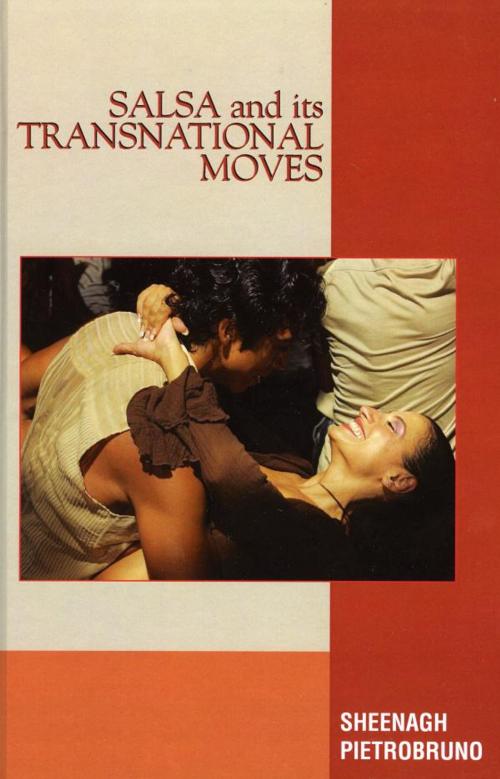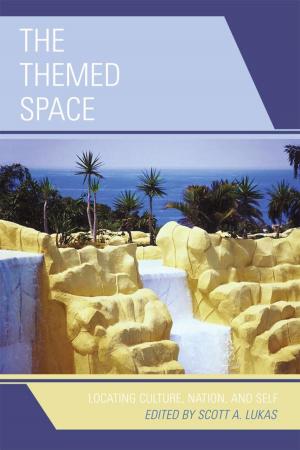Salsa and Its Transnational Moves
Nonfiction, Entertainment, Music, Music Styles, Latin, Pop & Rock, Dance| Author: | Sheenagh Pietrobruno | ISBN: | 9780739160589 |
| Publisher: | Lexington Books | Publication: | March 7, 2006 |
| Imprint: | Lexington Books | Language: | English |
| Author: | Sheenagh Pietrobruno |
| ISBN: | 9780739160589 |
| Publisher: | Lexington Books |
| Publication: | March 7, 2006 |
| Imprint: | Lexington Books |
| Language: | English |
Salsa and Its Transnational Moves presents a brilliant critical analysis of salsa dancing in a major North American city. Drawing from a vast number of disciplines, author Sheenagh Pietrobruno focuses on the tension between the status of dance as a bodily expression of identity and its function as a cultural commodity within the economic life of modern day cities. This engaging work investigates the transnational movements of salsa by exploring the circulation of salsa within the Montreal dance scene, nourished by the continuous flow of a people, and examining the commodification of the Latino culture. Pietrobruno's analysis is singular in highlighting how the migration of a people and a dance represent displacements that are not always homologous. At the core of this work, Pietrobruno offers an extensive and intricate ethnography of the institutions and individuals involved in shaping the Montreal salsa scene that will appeal to academics and general audiences alike, who are interested in the study of anthropology, popular music, dance, gender, ethnicity, and culture.
Salsa and Its Transnational Moves presents a brilliant critical analysis of salsa dancing in a major North American city. Drawing from a vast number of disciplines, author Sheenagh Pietrobruno focuses on the tension between the status of dance as a bodily expression of identity and its function as a cultural commodity within the economic life of modern day cities. This engaging work investigates the transnational movements of salsa by exploring the circulation of salsa within the Montreal dance scene, nourished by the continuous flow of a people, and examining the commodification of the Latino culture. Pietrobruno's analysis is singular in highlighting how the migration of a people and a dance represent displacements that are not always homologous. At the core of this work, Pietrobruno offers an extensive and intricate ethnography of the institutions and individuals involved in shaping the Montreal salsa scene that will appeal to academics and general audiences alike, who are interested in the study of anthropology, popular music, dance, gender, ethnicity, and culture.















